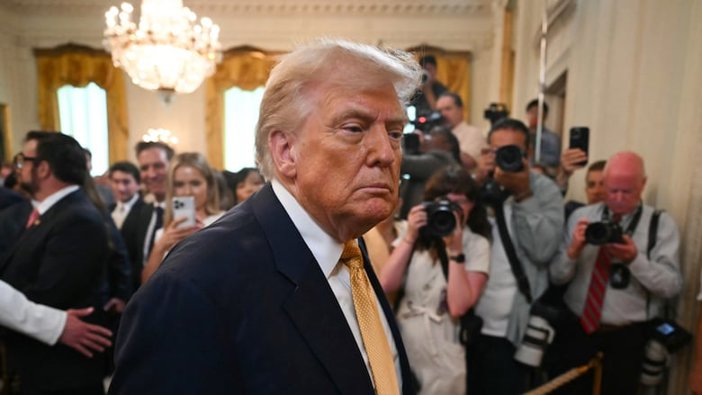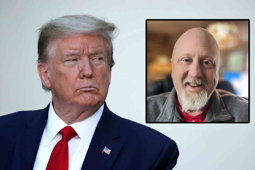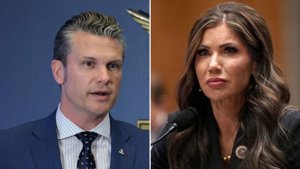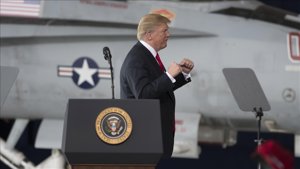
Trump Seeks Release of Epstein Grand Jury Transcripts
President Trump directs AG Bondi to seek release of Epstein grand jury transcripts, citing need for transparency.
Trump Pushes for Public Disclosure in Epstein Case
President Donald Trump has taken decisive action in the ongoing controversy surrounding the Jeffrey Epstein case, directing Attorney General Pam Bondi to move forward with efforts to unseal grand jury transcripts related to the investigation. The directive was issued late Thursday after criticism erupted over a joint DOJ-FBI memo that found no evidence Epstein had blackmailed powerful individuals or maintained a client list, fueling calls for greater transparency from both supporters and critics of the administration.
The Justice Department is expected to file a motion Friday seeking a court order to release the transcripts. While grand jury proceedings are typically kept confidential, legal experts affirm that courts can authorize disclosure when there is a compelling public interest. “Grand jury transcripts are usually secret, but they can be unsealed by a judge upon a showing of compelling need,” explained former federal prosecutor Neama Rahmani. The key question for the court will be whether the need for public disclosure outweighs the traditional protections of grand jury secrecy.
Attorney General Bondi, a longtime advocate for transparency in the Epstein case, has signaled her readiness to act. “We are ready to move the court tomorrow to unseal the grand jury transcripts,” she stated Thursday. Trump has publicly supported Bondi’s stance, noting, “She’s handled it very well, and it’s going to be up to her, whatever she thinks is credible she should release.”
Legal, Political, and Public Interest Dimensions
Epstein, a financier accused of sex trafficking, died in federal custody in 2019 while awaiting trial. His only convicted co-conspirator, Ghislaine Maxwell, is appealing her 20-year sentence. Despite the release of numerous documents in February and during Maxwell’s trial, questions about other potential accomplices persist. Civil suits have named other prominent men, though most have been settled out of court.
Florida recently enacted a law specifically allowing for the unsealing of state-level grand jury materials in the early 2000s case against Epstein, but the current focus is on federal proceedings, where secrecy is the default. “The requesting party, in this case Bondi, has to show the need for disclosure outweighs the need for continued secrecy,” Rahmani noted. The lack of ongoing criminal investigations or civil suits may weigh in favor of disclosure, given Epstein’s death and the absence of pending cases.
Former FBI agent Nicole Parker remarked that victims’ identities would likely be protected in any release, but cautioned the public not to expect shocking new revelations. “Americans are going to be greatly underwhelmed with the release of anything Epstein-related,” she said, emphasizing that the current administration is committed to prosecuting anyone guilty of harming children.
As Bondi’s office prepares its legal motion, the nation’s attention returns to the broader question of accountability and transparency in high-profile criminal cases. Trump maintains that the ongoing scrutiny is a politically motivated “hoax,” urging an end to what he described as a “scam perpetuated by the Democrats.” With the Justice Department’s new approach and mounting public interest, the final decision on releasing the grand jury transcripts now lies with the federal courts, whose ruling could set a precedent for transparency in future cases of national significance.






